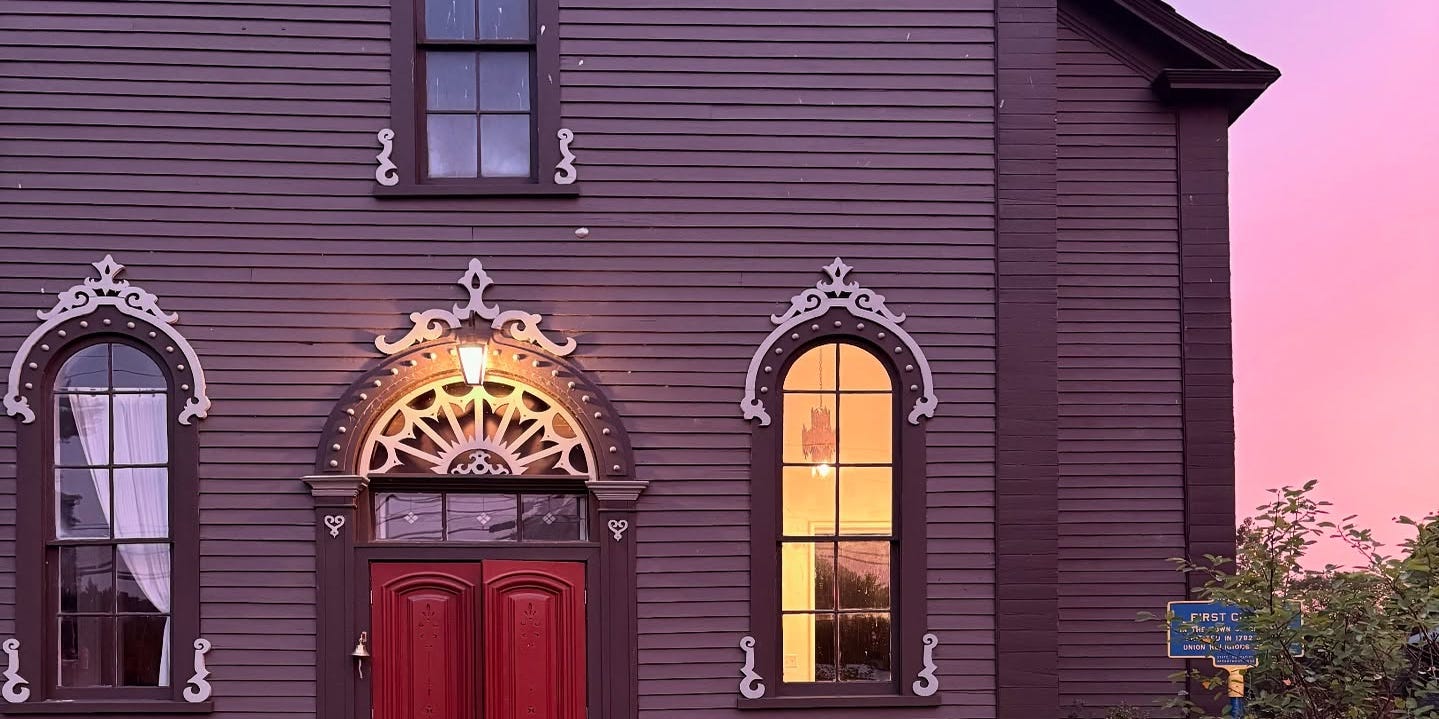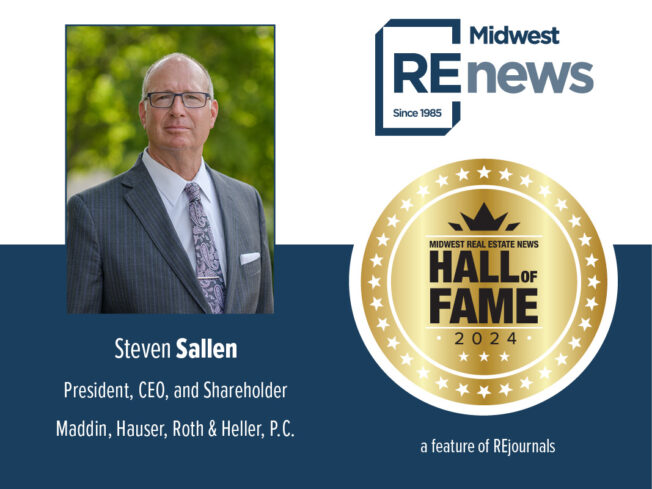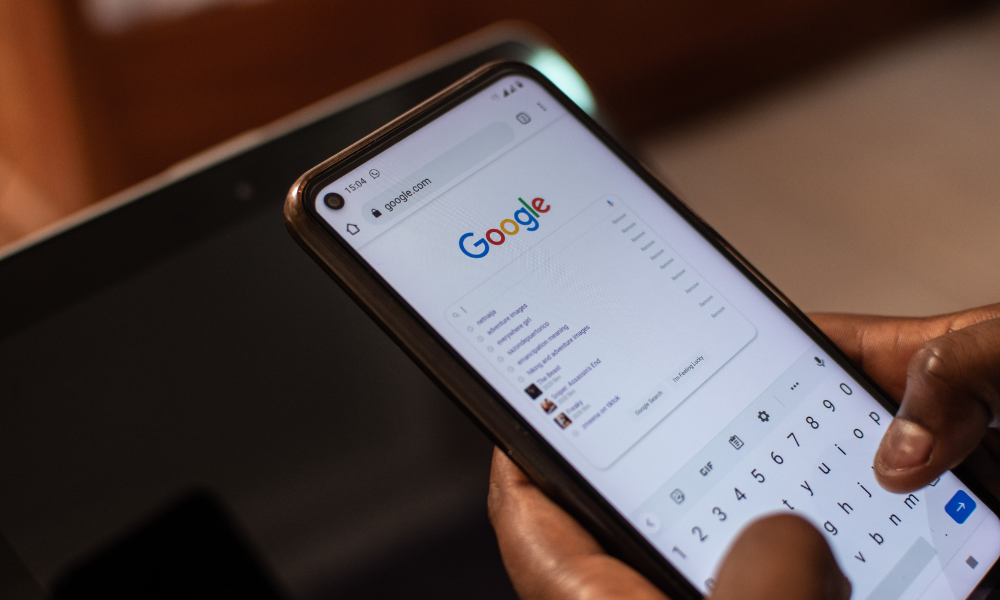C
ristiana Perez and Nick Porter's house hunt in New York State began with an open mind, but they soon found themselves priced out of the market. As a historic preservationist, Perez was drawn to non-traditional homes like old schools or churches. After four years of searching, they purchased "Welsh Hall," a former church dating back to 1790s, which had been vacant for decades.
Their experience may become more common as church attendance declines and the housing market tightens. According to Gallup polls, Americans' affiliation with churches has dropped from 70% in 1999 to 47% in 2020. As many as 100,000 houses of worship could be closed over the next few years.
Stephen Ferrandi, founder of PraiseBuildings, a Maryland-based brokerage, notes that COVID-19 accelerated the trend of churches hitting the market. While some are sold to other congregations, many remain vacant, waiting for buyers willing to take on the challenges of renovation.
Buying a church as a home requires non-traditional financing and often involves drastic overhauls to make it feel like a residence. Perez and Porter used traditional mortgages for purchase and construction loans for renovations. Others have paid cash for the building and borrowed funds for rehab work.
Financing can be challenging due to the lack of comparable properties, making appraisals and homeowners insurance difficult to obtain. Bill Skubik advises considering how much renovation is worth in a lower-value neighborhood.
Community support or financial assistance from non-profits or government agencies may not always materialize as expected. Glen Jackson learned this lesson when he believed local officials shared his goals but ultimately didn't provide the help he needed.
Despite these challenges, buying a church can be rewarding. Perez and Porter's neighbors share stories about their home's history, making them "local heroes" for preserving an anchor of the community. Elizabeth Finkelstein encourages buyers to keep the essence of the building intact while making necessary changes.
Perez advises embracing the challenge of converting a church: "Be prepared to keep it churchy." With patience and creativity, non-traditional buildings like churches can become unique and beautiful homes that preserve history and community spirit.















